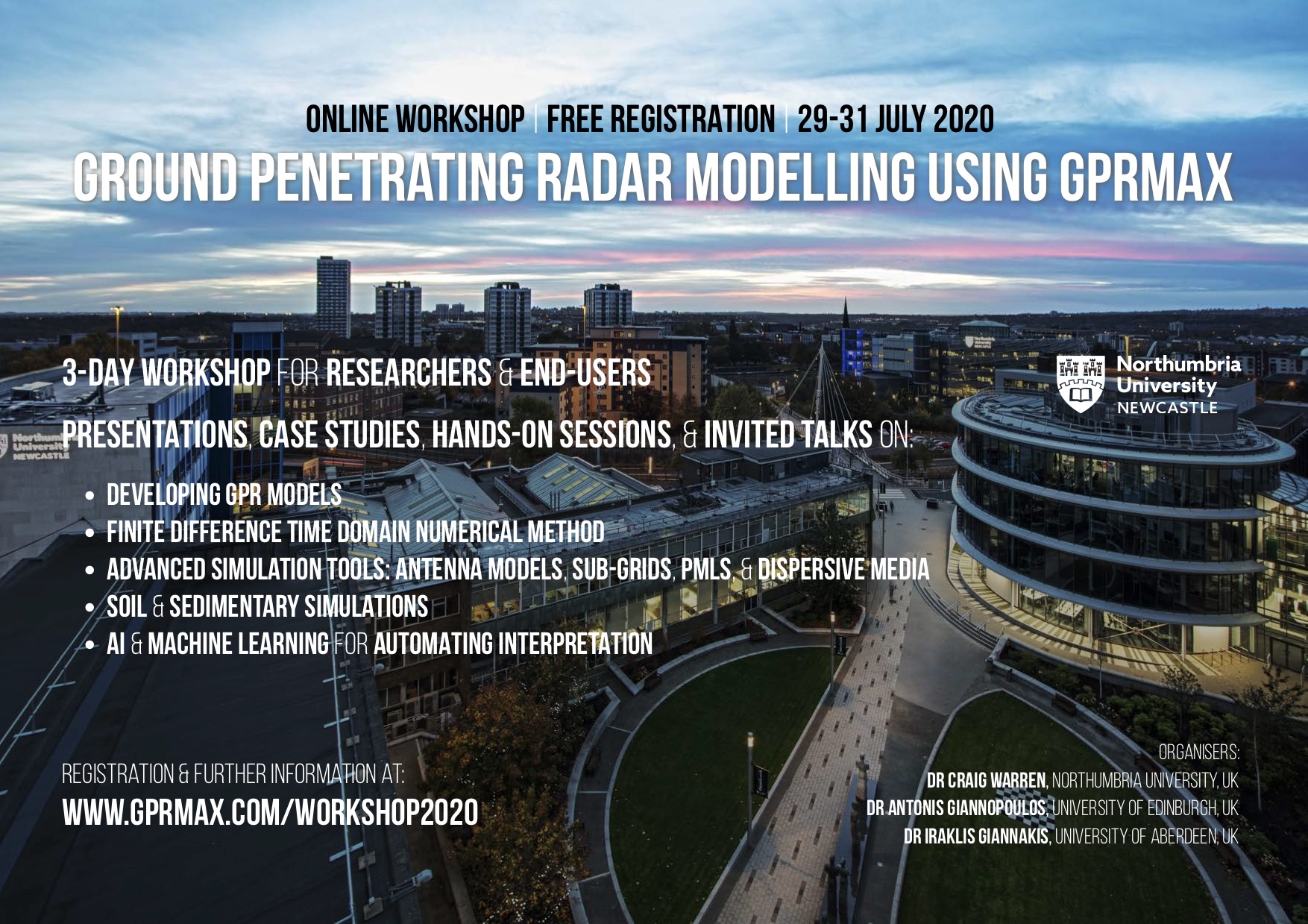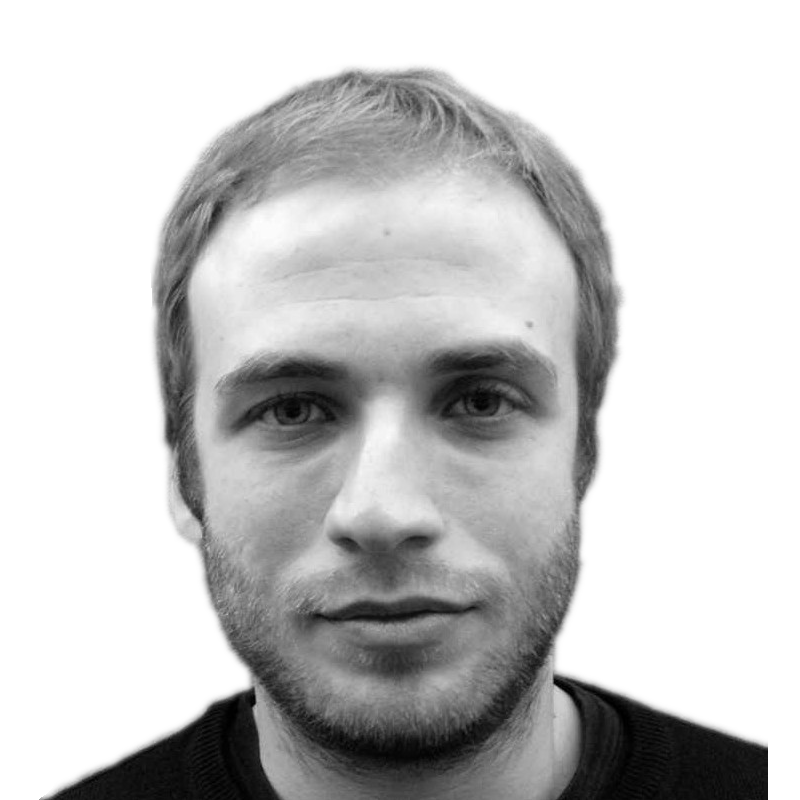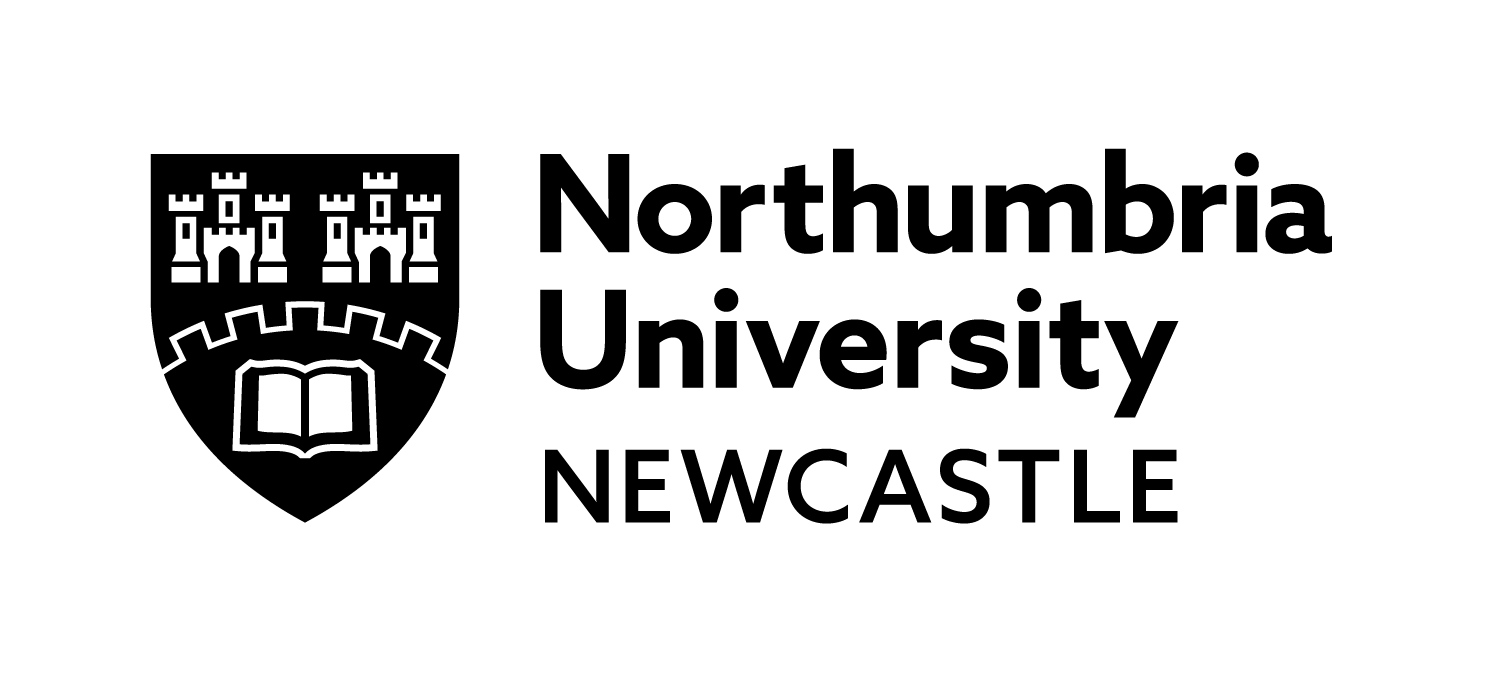Online workshop: Ground Penetrating Radar (GPR) modelling using gprMax

A free 3-day online workshop on simulation and modelling of Ground Penetrating Radar using gprMax will be held on 29-31 July 2020.
This workshop was due to be held as a face-to-face event in April 2020 but had to be postponed due to the coronavirus pandemic. It has now been rescheduled and transformed into an online workshop.
It is aimed at primarily at academics and those carrying out research on GPR, but will also be of interest to end-users and industry.
Programme
Download our full programme which features a series of presentations, case studies, hands-on sessions, and invited talks covering:
- The development of GPR models - from simple 2D simulations to realistic 3D scenarios.
- The Finite-Difference Time-Domain (FDTD) method. Understanding the fundamental numerical technique used in gprMax.
- How to use advanced simulation tools and concepts such as antenna models, sub-grids, Perfectly Matched Layers (PMLs), and materials with frequency dispersive properties.
- Heterogeneous and dispersive models for realistic soil and sedimentary simulations.
- How AI and machine learning are being used for automatic interpretation and inversion of GPR data.
Day 1 has been designed as an introduction for people who have never used gprMax before. It will begin with sessions on the theory and underlying numerical method upon which gprMax is based. There will then be an overview of gprMax and how to create a very simple first model. It will then conclude with some industry perspectives on GPR numerical modelling.
Day 2 will begin with a look at a new features that are being developed for gprMax and due to be released this year, such as sub-gridding and a full API. The afternoon will feature a series of presentations on complex material modelling, simulating GPR antennas, and a GUI for 2D models developed by industry.
Day 3 features a mixture of presentations on using machine learning with GPR simulations, landmine modelling, the importance of absorbing boundaries, and how gprMax can be used within full waveform inversion. We will conclude the workshop with an open discussion session where we will explore future features and directions for modelling and new applications.
There will be opportunities throughout the workshop to ask questions, and we hope, despite the online nature, that we can create virtual spaces for discussion to take place.
Registration
There is no registration fee for the workshop, but if you are intending to attend then please register your details using the form below. Registration will close on Monday 27th July.
Registration has now closed. Details of how to join the online event will be provided directly to registered delegates.
Organisers
The workshop is being organised by:

Northumbria University, UK
University of Edinburgh, UK
University of Aberdeen, UK
Promotion/Advertising
If you want to share information about the workshop, you can download a flyer (low res, high res).




